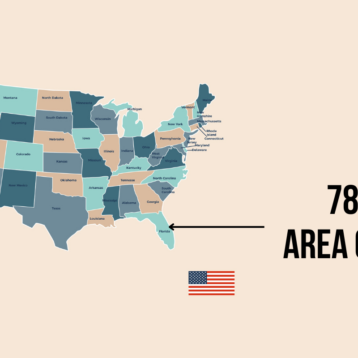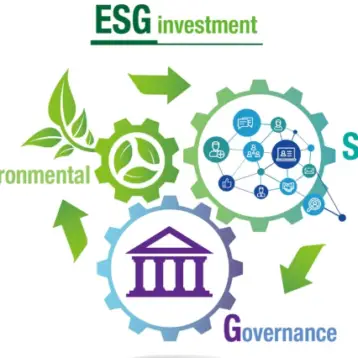Buying a car is a rather large investment, and there are several factors that need to be taken into account. When it comes to car financing, there are several choices and making the right decision can be quite a challenge. This article will compare and contrast the various car finance options including loans, leases, and personal contract purchase (PCP) and give advice on how to go about selecting the right plan depending on the person’s needs and financial capability.

Understanding Car Loans
A traditional car loan is one of the oldest and most common ways of financing a car. When you take out a car loan, you are given the money by a lender to buy the car for cash. The money is then repaid over a period of time, often through equal monthly installments. Another benefit that is associated with car loan is that after repaying the loan for the car, the car becomes the property of the borrower. But the rates of interest and overall cost of the loan that you have to pay throughout the period of the loan has to be considered.
Leasing: A Flexible Alternative
Another option is leasing where an individual hires a car without having to make a full purchase of the car. Leasing is where you actually pay a stipulated amount of money and use the car for some time, usually two to four years. Monthly lease payments are usually lower than loan payments because you are paying only for the use of the car for the lease period only. On the expiration of the lease, one can take the car back, lease another car or sometimes, at a fee, buy the car at its residual value. Leasing is most suitable for people who would like to change their cars every few years and do not wish to bother themselves with the maintenance of the car.
Exploring Personal Contract Purchase (PCP)
Personal Contract Purchase (PCP) is a financing model that is a blend of hire purchase and leasing. In PCP, you pay less every month than you would if you took a normal loan since the monthly installments only cater for the depreciation cost of the car. At the end of the contract, you have three options: return the car, make a final payment, which is the balloon payment, to own it or exchange the car for another one using any equity as a deposit. PCP is ideal for people who wish to have an open option at the end of their finance term.
Assessing Your Financial Situation
It’s important to assess your financial standing before deciding on the financing plan to use. The first step is to analyze the monthly income and expenditure and find out how much one can afford to spend on car payments. Think of other financial targets, for instance, housing or retirement, and make sure that the car finance strategy affects these goals negatively. Also, you should check your credit score because it determines the interest that you will be charged as well as the grace period.
Comparing Interest Rates and Terms
It is important to understand that different forms of financing have different interest rates and conditions. Car loans usually have a fixed rate of interest while lease and PCP contracts may have an introductory rate of interest. Determine the annual percentage rate and compare it from one lender to another and from one financing plan to another. Do not forget that a lower monthly payment is most often very tempting, but it could lead to higher total costs over the term of the loan or lease.
Considering the Depreciation Factor
Cars are fixed assets, which implies that they lose their value over time. Depreciation should also be considered when selecting the car finance plan because it determines the regular payments and total cost. Leasing and PCP agreements tend to incorporate depreciation into the monthly repayments which are therefore lower than with other types of loans. However, if you are intending to keep the car for several years, it is cheaper to buy the car with the help of a loan.
Evaluating Flexibility and Ownership
Your preference for car ownership versus flexibility plays a significant role in selecting a financing plan. If owning a car is important to you, a traditional loan or the PCP option’s final payment might be suitable. Conversely, if you value flexibility and the ability to drive new models frequently, leasing or PCP could be more appropriate. Consider your long-term plans and how each option aligns with your lifestyle and financial goals.
Reviewing Additional Costs and Fees
When evaluating car finance options, don’t overlook additional costs and fees. These can include insurance, maintenance, registration, and any penalties for early repayment or exceeding mileage limits on a lease. Make sure to factor in these expenses to get a complete picture of your total financial commitment.
Seeking Professional Advice
If you’re uncertain about which car finance option is best for you, consider seeking advice from a financial advisor. A professional can help you understand the implications of each financing plan and guide you in making a decision that aligns with your financial goals and situation.
Also Read: What is the Title Loan Value of My Car?
Making an Informed Decision
Ultimately, choosing the right car finance option requires careful consideration of your financial situation, preferences, and long-term plans. By understanding the nuances of loans, leases, and PCP, and evaluating factors such as interest rates, depreciation, and additional costs, you can make an informed decision that ensures your car purchase is both financially sound and aligned with your lifestyle.










